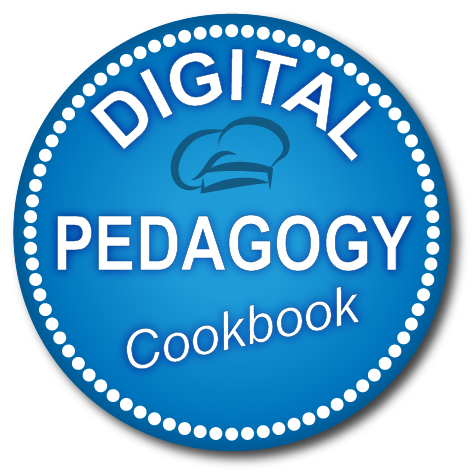Assessment
Assessment can be a facilitator or bottleneck to innovation in education. When integrating digital technologies into learning and teaching, we must consider how digital technologies can enhance existing assessment strategies. At the same time, we must also consider how they can be used to create or to facilitate innovative assessment approaches. Digitally-competent educators should be able to use digital technologies within assessment with those two objectives in mind.
Furthermore, the use of digital technologies in education, whether for assessment, learning, administrative or other purposes, results in a wide range of data being available on each individual learner’s learning behaviour. Analysing and interpreting this data and using it to help make decisions is becoming more and more important – complemented by the analysis of conventional evidence on learner behaviour.
Assessment includes the following competences:
Assessment strategies (page 62 of the DigiCompEdu)
To use digital technologies for formative and summative assessment. To enhance the diversity and suitability of assessment formats and approaches.
Analysing evidence (page 64 of the DigiCompEdu)
To generate, select, critically analyse and interpret digital evidence on learner activity, performance and progress, in order to inform teaching and learning.
Feedback and planning (page 66 of the DigiCompEdu)
To use digital technologies to provide targeted and timely feedback to learners. To adapt teaching strategies and to provide targeted support, based on the evidence generated by the digital technologies used. To enable learners and parents to understand the evidence provided by digital technologies and use it for decision-making.
